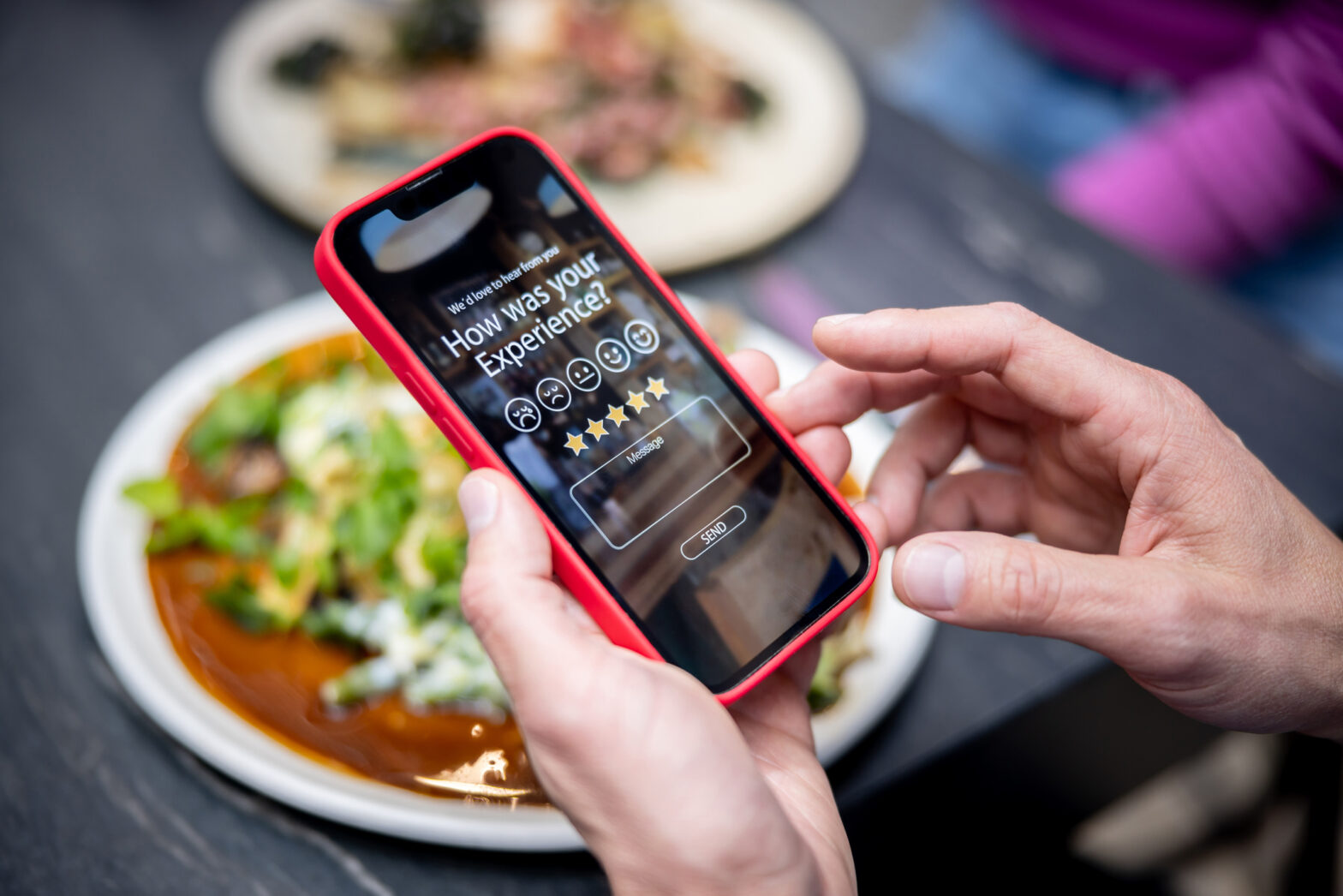With 1.2 billion people and a population growing at the size of Australia each year, it’s no doubt India makes an interesting market for UK companies.
As a result, David Cameron and George Osborne announced various collaborations earlier in the year. Last week Moixa joined 18 UK SME’s on a mission organized by the UKTI to the Tata Management Centre in Pune, India, to meet various energy, IT and telecom companies.
Unusually for a mission, the agenda included valuable training/mentoring on the India market – together with the usual packed visits, ‘Business is Great Britain’ campaign network events and mingling between companies.
Moixa’s interest is in providing back-up and resilient power to a country with 12 per cent deficit in generation (to gain experience for what might well happen in the UK given the daily blackout scare stories).
Flying in from Goa, even the airport experienced two power failures whilst waiting to take off – though essential systems are locally backed up, as is the case across most locations, with near seamless genset kicking in (though in practice the voltage is so unstable that lights flicker and iPhone charges don’t work).
Mumbai and Pune where far more reliable, and a visit to Tata Power with a 1.3GW plant validated this – though the challenge is growing and there is a significant amount of power theft (as much as 40 per cent).
Other UK energy mission companies included KIGG, an expert in smart meters, Telemisis and Senical – each with meter or monitoring technologies relevant to at least measuring the loss and helping target financial recover.
With a network at 200GW generation needing to grow massively by 2020 and 2030, there are vast opportunities and challenges here. However, solutions need to be very low cost (like a $10 smartmeter vs $40-60 internationally), and with very strong partners/distribution to access.
The telecoms sector there represents an awesome opportunity – an excellent overview was provided by Tata Teleservices/ Tata DoCoMo. India has over 900 million mobile connections (some multi phone users), though revenues/ARPU typically are towards £1 a month reflecting tight competition and the variation of wealth across the country.
Virtually everyone has a phone, and it is essential for everything from notice of work opportunity tomorrow, to growing data services. The web is accessed in majority from data or smartphones (with only an estimated 25 million home PC/internet users in contrast).
Various companies on the mission have pioneering mobile technology. Swiftkey, was showcasing its predictive text for smartphones – though it is perhaps more essential for the numeric/key pads that are more used on hundreds of millions of phones in India.
With Stream Communications, their dominant technology involves low-cost M2M (machine-to-machine) communication, which has achieved a huge growing share of the Internet of Things (IoT) movement.
Visits also included sampling the vast IT and BPO (outsourced services) market, as well as meeting Tata Technology (responsible for engineering services behind the successful Tata/Jaguar Land Rover collaboration) and Tata Elxsi (a design engineering company together with 3D animation studio).
UK companies were presenting various technologies, from Coveritas’s offering for finding/testing software and embedded systems to find those bugs only users tend to locate in actual use to ICONCFD, an advanced computational fluid dynamics modelling and analysis tool. There were also contributions from Omprompt, on cloud solutions for customer-automated management, and Redgate, software tools for developers. With over 200,000 engineers ‘produced’ and deployed locally annually – the market for the software side is vast.
The mission benefited from the blend of mentoring and reviews of market entry strategy provided by the Tata Management Centre.
Networking events at Taj Hotels (yet another Tata company), helped broker discussions – against a backdrop of suitable flag waving, ‘Britain is Great Britain’ animations and graphics, and a post-Olympic advert for visiting the UK.
This sometimes feels somewhat ‘Empire’ like, in stating how great we are, without reflecting on the greatness, diversity and opportunity of the markets it is pushed into.
I suspect, the value of the ‘Empire/Commonwealth’ is in the remaining annuity worth of it once being so broad/massive and cross-country – as well as in leaving language, legal systems, and institutions. These significantly simplify and make accessible such markets to UK companies, and at a lower cost (language/legals). It requires less effort than if language and legal systems had to be acquired from scratch. It also helps where Empire was unwound gracefully, or in some historic time where difficulties have been long forgotten.
It is clear that such markets require strong partnerships, and collaboration, at the government, company, and joint venture level. The local cultural, business complexity and low price/vast scale requires this.
There is significant opportunity here (and similarly into China), which a recent book by consultants at BCG identified as ‘The $10 Trillion Prize’. This is the market that will define the next few decades of growth for UK and international companies.
We spent the last night racing tuk-tuks (taxi rickshaws) and, on leaving for the airport, realised how large a challenge there is involving the roads, infrastructure, and shear scale in the market.
There is also the breadth of wealth, rubbish on the streets and slum housing alongside hundreds of millions on phones. There is much to do here, but a great opportunity.







